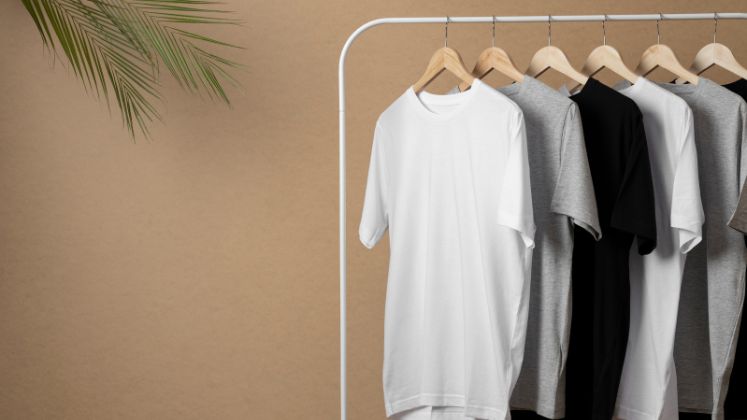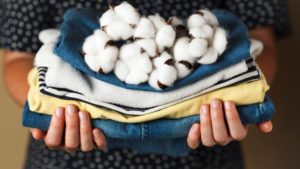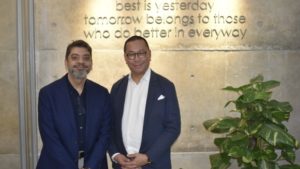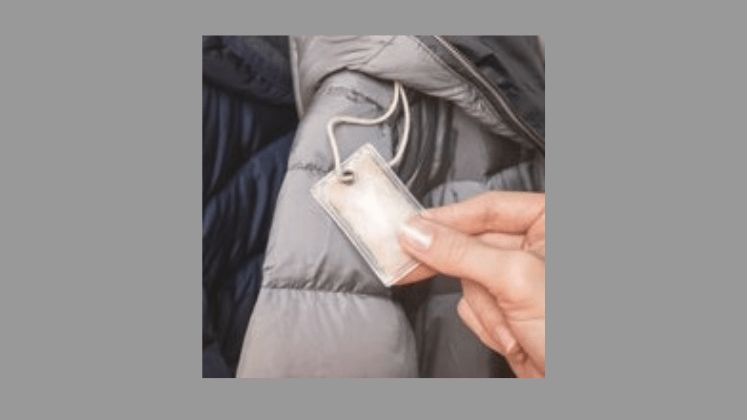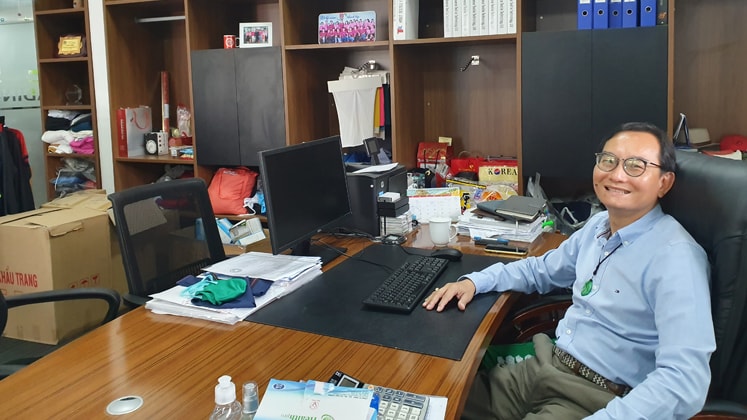
Practicing what one preaches is the true sign of a leader. And setting the benchmark high is Leading Star Garments with its unique business model based on the principle of “Happy Manufacturing.” A vision of Fores Chows, Managing Director and Owner, the aim is to be the best and most reliable apparel manufacturer in terms of quality, delivery and compliance and they have surely inched towards accomplishing that since they started operations in 2015. Year 2020 is a big milestone for the company as they plan to go public this year. In conversation with Apparel Resources, Fores Chows shares the philosophy that makes this company a true leader.
In just 5 years, Leading Star Garments has grown from a 1-factory and 6-sewing lines company to a 3-factory and 114 lines manufacturing giant. Now they have a total of 3,000 employees with a monthly capacity of 850,000 pieces a year. Currently all of their factories are located in Binh Duong district of HCMC, but now there are plans to open two more factories this year outside HCMC. “We specialise in two product categories: sportswear and kidswear. Each of our facilities is dedicated to a particular category and that has helped us grow fast,” says Fores Chows.
The distribution of orders is very well thought out. Factory 1 that has 71 sewing lines produces solely for Decathlon, which is their biggest buyer and constitutes 40 per cent of their exports. Factory 2 with 28 lines does all sportswear for Puma and Nike. Puma alone factors in 10 per cent of their exports. The 3rd factory of 15 lines is dedicated to kidswear, with main customer being Garan Inc.
For Leading Star Garments, efficiency is of utmost importance. Though the factories are located in zone 1, which has the most expensive labour costs, they manage to balance that out with their efficiencies. Every line has approximately 25 workers with a QC at the end of each line in order to achieve 100 per cent efficiency. Also, they follow an assembly line system wherein sewing lines are dedicated to specific products and the same worker is doing the same work on the same product day in and day out, which in turn increases his efficiency. “As a company policy, we do not encourage work over time and ensure that our factories are run by the official hours set by the government,” shares Fores Chows. Some buyers like Nike and Decathlon also have very strict rules regarding the working hours of the employees and the factory complies with them. Other compliance certificates that all buyers mostly look for are obtained by the company which include Better Works, Gold Certificate of Compliance, etc.
There is also a focussed attention on quality, which is supported by bringing in as much automation as possible. The high benchmarks in efficiency and quality are highly appreciated by its buyers. “Decathlon usually does not work with any single manufacturer for more than a year, but they have been extremely supportive of Leading Star and have been our customers for the last 5 years, since the very beginning,” avers Fores Chows, who credits this achievement to their ‘Happy Manufacturing’ business model.
Happy Manufacturing business model

The model is based on entirely one principle – keeping their employees’ overall happiness and well-being intact. This includes fairness to all employees, good working environment, higher salaries, less working hours, and holidays. It thrives on the essence of understanding that employees are humans and need to be treated with care. “Many garment manufacturers treat their employees as ‘shipment slaves’ but not here at Leading Star. Here, we provide them with a good work-life balance,” says Fores Chows, adding, “There are plenty of garment manufacturers in the country. Within the Binh Duong province itself, there are 10, but when the employees are satisfied, they will not look out for other jobs and remain loyal to you.”
Happiness of the employees also goes on to increase their efficiency in productivity and shows in the quality of the work they produce. “Manufacturing is a hard job, and it is my core responsibility to be able to recognise that and provide my employees with a safe, healthy and happy work environment. This is the least I can do,” rationalises Fores Chows.
Local sourcing a commitment
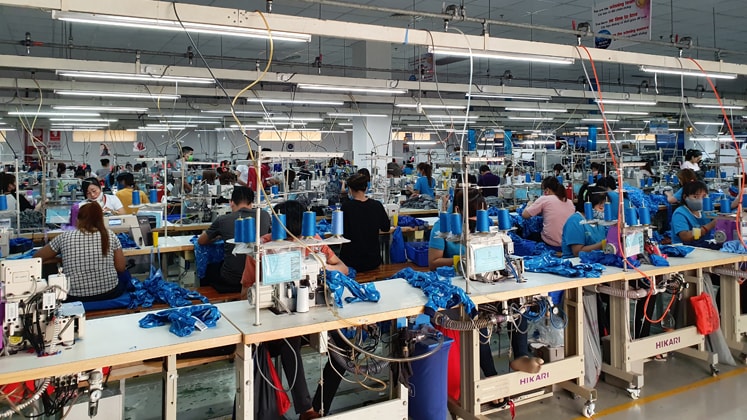
Even though 40 per cent of their fabrics come from China, comprising both knits and woven fabrics, rest are sourced from Thailand and Vietnam. The company consciously makes an effort to source locally as they believe in giving strength to their own Vietnamese people and businesses. They are very keen on promoting local talent and all the way from top management to the bottom are all Vietnamese people. “There are many advantages of sourcing locally and Leading Star is looking at ways to reduce their imports from China and source more and more from the domestic market. The biggest advantage in doing so is saving on transportation costs and time saved on logistics,” says Fores Chows.
Even though China is 20-30 per cent cheaper than Vietnam in fabric costs, the lack of transportation and logistics more or less makes up for it. “When you order from China, it takes at least 10 days to arrive and then another 3-5 days for custom clearance, which means that the goods reach the factories in almost a two-week time period,” avers Fores Chows. He shares that the availability of local trims and accessories in Vietnam is very good and of matching quality and price. “We always show our buyers all the advantages of sourcing from within the country and push the local businesses as far as possible. Communication is another major advantage to going local,” reasons Fores Chows. His senior merchandising manager, Thao adds, “If there is any problem or urgent requirement, we can go to them easily or they can come to us easily without visa issues. All of us being of the same culture and speaking the same language helps us bond better, have better understanding of each other with no miscommunications.”
As a company, Leading Star is focused on Vietnam and would not like to move into other countries and is completely at ease and satisfied within Vietnam where there are opportunities galore. “Cambodia might have cheaper labour but they have too many holidays. Again, Bangladesh would provide cheaper labour but they cannot match up to the efficiency and quality of product being produced in Vietnam. Vietnam is a developing country and the youth workers have age on their side and are willing to adapt to newer learnings,” argues Fores Chows.
Future plans
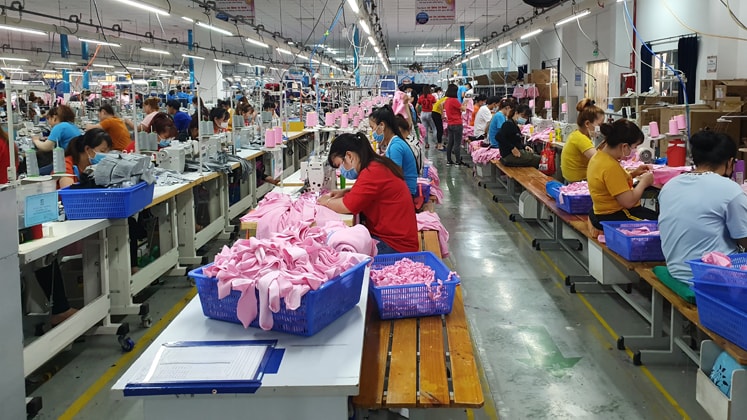
The company is very positive of the future and plans to go public this year. This was always their vision and is now going to convert into a reality. This will get in more investors and allow them to expand. But they are clear that even when expanding the Happy Manufacturing model will not deter and will continue to provide stable quality of garments, give good salaries, give shipments on time, and keep the trust of their customers. “We want to focus our energies into building on their strengths which is manufacturing of garments rather than go into unchartered territories like retail, of which we have no experience. So, the aim is to expand capacities while retaining our core values,” concludes Fores Chows on a parting note.



